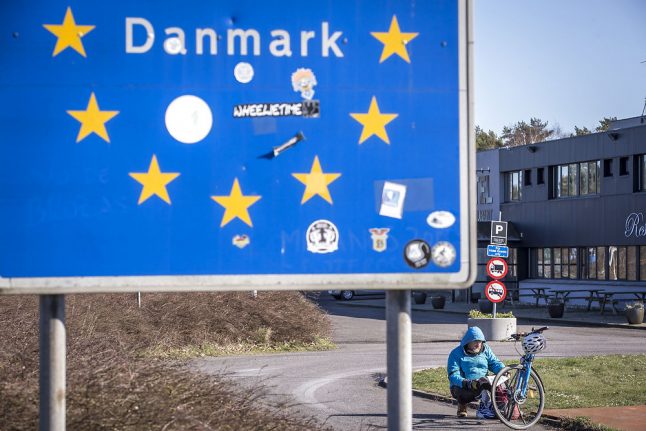The change took effect from Thursday, according to a National Police statement.
‘Customised’ (tilpasset in Danish) border control means that periodic and spot-check based control measures will be in place at the borders.
The number and intensity of will be continually “adapted to the expected volume of incoming travellers”, including from countries to which Denmark advises against travel due to Covid-19 infection rates, according to the police statement.
Police will open “all border crossings” in southern Jutland “as soon as possible”, according to the statement. Many of the minor crossings along the German border have remained blocked since the closure of Denmark’s borders at the outset of the country’s coronavirus lockdown in March.
Airports will maintain a police presence for border control in relation to arrivals from Schengen countries. Flight arrivals from countries to which Denmark remains closed due to Covid-19 will still be subject to full border control, the National Police said.
Police expect the scaled-down controls to give a “smoother process and therefore shorter waiting time for arrivals in Denmark”.
Further information and contact details for Denmark's police hotline for people travelling to the country can be found on the Danish Police website.
READ ALSO: Denmark to test people with and without Covid-19 symptoms at the same place



 Please whitelist us to continue reading.
Please whitelist us to continue reading.
Member comments